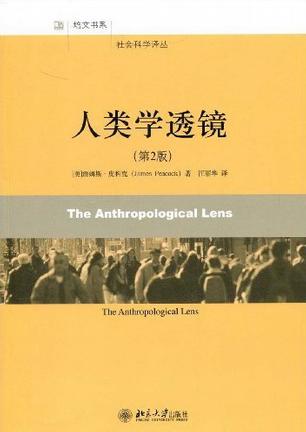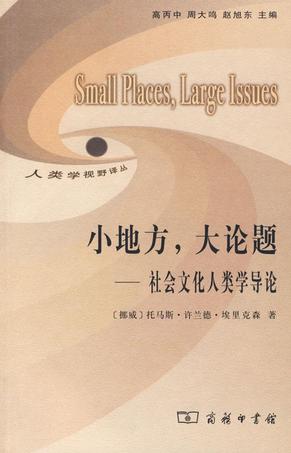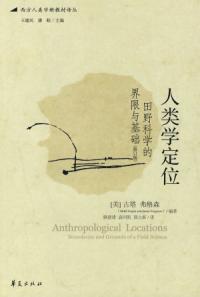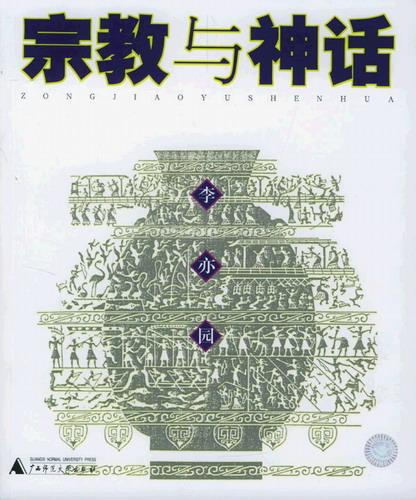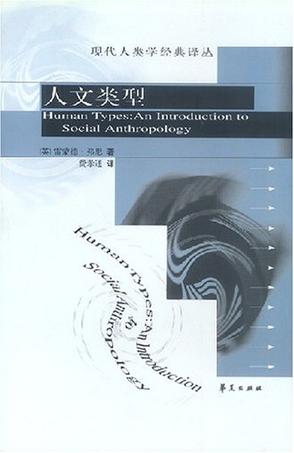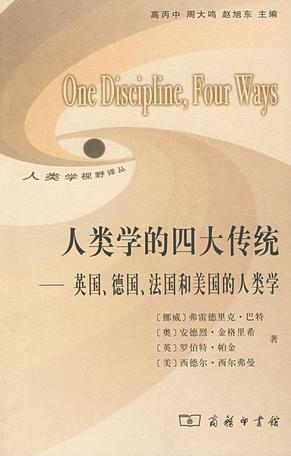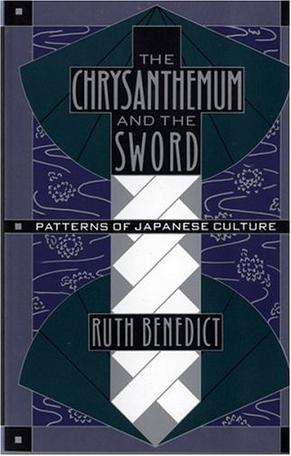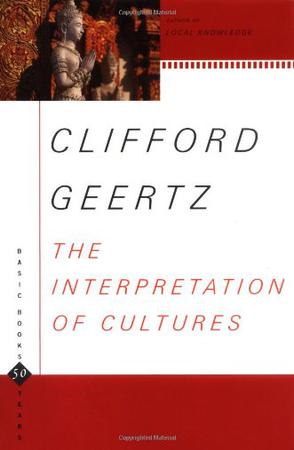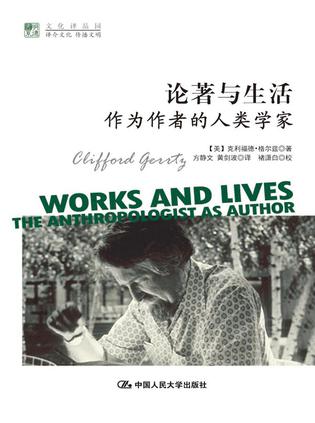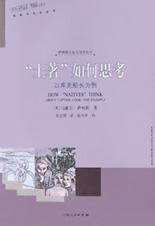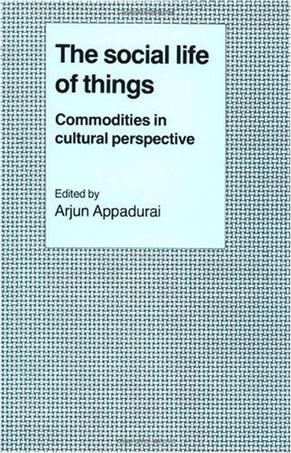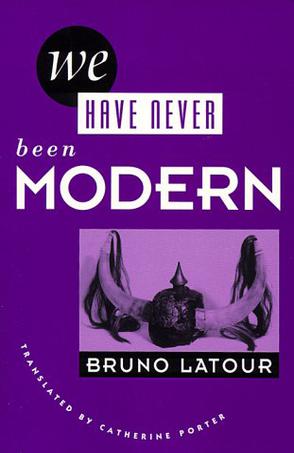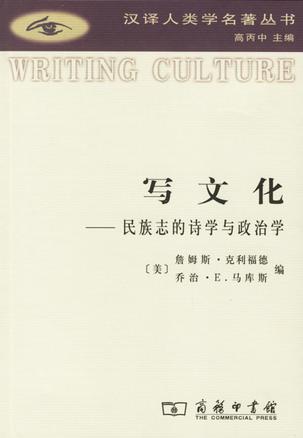欢迎来到相识电子书!
标签:anthropology
-
人类学透镜
人类学是一个复杂的、范围广泛的、时时变迁的领域。尽管人类学家看待世界的方式多种多样,但是其中也包含着一些重要的主题。《人类学透镜(第2版)》作者将其近半个世纪的与人类学打交道的亲身经历、生活中的趣闻轶事及学科重点融合到一起,简洁生动地讲述了人类学的核心概念、独特的人类学研究方法、人类学的哲学底蕴,以及人类学在现实生活中的应用。 -
小地方,大论题
越来越多地走出国门的中国人需要人类学视野,越来越急迫地关怀世界议题的中国社会科学需要人类学视野。有鉴于此,我们把编译这套丛书既作为一项专业工作,也作为一项社会使命来操持。 这套丛书与商务印书馆的“汉译人类学名著丛书”是姊妹关系,都是想做基础性的学术工作。那套书主要翻译人类学大家的原创性代表作,尤其是经典的民族志;这套书定位于介绍社会文化人类学的基本知识,例如人类学的概论、多国的学术发展史、名家生平与学术的评介、人类学的分支学科或交叉学科。’我们相信人类学是人文社会科学的一门基础性学科,我们这个译丛要做的是着眼于中国社会科学的发展来介绍人类学的基础性知识。若希望人类学在中国发挥基础性学科的作用,目前中国的人类学同仁还要坚持从基本工作着手。 人类学是现代人文社会科学的基础学科。这虽然在学术比较发达的国家是一个常识并已经落实在教育与科研的体制上,但是在发展中国家还是一个需要证明的观念,更不要说相应的制度设计还只是停留在少数学者的呼吁中。指出发达国家的学科设置事实也许是不够的,我们还可能需要很专业的证明。不过,我们在此只能略做申论。 -
人类学定位
《人类学定位(田野科学的界限与基础)(修订版)》内容源于一次名为“人类学与田野:学科构成的界限、范围与基础”的学术会议,这一会议于1994年2月19至20日在斯坦福大学和加州大学圣克鲁斯分校召开。这次的会议主要由加州大学圣克鲁斯分校文化研究中心和斯坦福大学人类学系主办,但同时还受到了斯坦福大学艺术和科学院、加州大学尔湾分校人类学系以及社会科学学院的资助。我们衷心感谢这些支持,并特别感谢人类学系主任George Collier先生、社会科学学院副院长Anne peck。 这是一本成功的,引人入胜的关于人类学的著作。《人类学定位(田野科学的界限与基础)(修订版)》通过田野概念的恰当分解和聚合,对过去和现在的田野思想进行了深刻而有刺激性的研究和探讨,指出了人类学作为一个概念和一个成长中的学科要努力的方向。全书内容尽管有着直接的、尖锐的批评,但仍不失为是建设性,故此它是真诚关心民族学和人类学的研究者们必读的一《人类学定位(田野科学的界限与基础)(修订版)》。 -
宗教与神话
台湾宗教现象功利化的发展,在一方面说来固然有其特殊的意义,那就是形成了经济发展的初期推动力量,但是功利化现象的极端扩展,最终却又导致种种宗教诈财纠纷事件不断,以至于正信教派也跟随着发生教徒地盘之争的暗流,因而影响社会风气至巨。 作者以人类学的理论检视近30年来台湾宗教的变迁,并探讨了信仰与文化、宗教与迷信、仪式与皈依等课题;对于台湾民间宗教的现代趋势及民间寺庙的转型与蜕变,作者亦有兼具田野调查及学术研究的严谨立论。其中,神话篇则以李维斯陀的结构主义架构分析中国神话内在的和谐均衡观,读者可借作者详实的考据与清晰的说理来了解中国神话的内在精神。 -
人文类型
本书在广泛的民族志材料的基础上,探讨了历史、地理因素是如何决定一个民族的生活的;文化作为自然环境的产物,是如何在不同社会中解决经济、技术、组织和性等问题的。本书既是优秀的人类学导论,又是经典的经济人类学著作。 -
文化人类学
本书通俗地介绍了人类学的定义、对象、分科、目的及其与其他学科的关系;介绍了文化人类学的产生、发展及学派;特别是具体介绍了原始物质文化、原始社会组织、原始宗教、原始艺术及原始语言文字,对了解和研究文化人类学及原始人生活善有较大参考价值。 -
Ghetto at the Center of the World
There is nowhere else in the world quite like Chungking Mansions, a dilapidated seventeen-story commercial and residential structure in the heart of Hong Kong’s tourist district. A remarkably motley group of people call the building home; Pakistani phone stall operators, Chinese guesthouse workers, Nepalese heroin addicts, Indonesian sex workers, and traders and asylum seekers from all over Asia and Africa live and work there—even backpacking tourists rent rooms. In short, it is possibly the most globalized spot on the planet. But as Ghetto at the Center of the World shows us, a trip to Chungking Mansions reveals a far less glamorous side of globalization. A world away from the gleaming headquarters of multinational corporations, Chungking Mansions is emblematic of the way globalization actually works for most of the world’s people. Gordon Mathews’s intimate portrayal of the building’s polyethnic residents lays bare their intricate connections to the international circulation of goods, money, and ideas. We come to understand the day-to-day realities of globalization through the stories of entrepreneurs from Africa carting cell phones in their luggage to sell back home and temporary workers from South Asia struggling to earn money to bring to their families. And we see that this so-called ghetto—which inspires fear in many of Hong Kong’s other residents, despite its low crime rate—is not a place of darkness and desperation but a beacon of hope. Gordon Mathews’s compendium of riveting stories enthralls and instructs in equal measure, making Ghetto at the Center of the World not just a fascinating tour of a singular place but also a peek into the future of life on our shrinking planet. -
人类学概论
《人类学概论》特点有三:一是涵盖了国内外人类学研究的最新成果,例如对影视人类学的最新发展情况进行了详细介绍,且介绍者为该领域的体验者,具有较高的信度。二是突破一般教材纯文字静态讲述的传统,以文字、图片、光盘等展示当代人类学概貌,12位著名人类学家的素描,9部出色的人类学纪录片佳作等,使学生真正体认到人类学的博大与丰富。三是行文难易结合,深入浅出:重要概念、术语的解说呈点状分布,既相对独立又前后贯通,便于教师授课时取舍;理论分析概括性强,并配以“实例解读”加深学生认识。 -
人类学的四大传统
“这是本引人人胜的书。它是第一本对欧美人类学的历史进行跨国研讨的著作。对于任何想知道人类学如何在不同的背景中兴起、走过了怎样的历程又将向何处去的读者来说,本书是一个绝好的资源。” ——美国人类学家乔治·马库斯 “人类学史就是一个竞技场,各种理论争论在这里澄清和解决。本书探讨了人类学最丰厚的几个传统的发展,并将推动它向一门真正的世界性学科发展。” ——英国人类学家亚当·库珀 -
地方知識
一手開創詮釋人類學(interpretive anthropology)的紀爾茲,曾在摩洛哥、印尼的爪哇、峇里島等地進行過深入的田野調查研究,以這些社會文化為基礎,提出對文化、知識全新的觀點 ——在其代表作《文化的詮釋》中,他對於文化概念的深入探討和詮釋,實已超出人類學範圍,影響廣及整個人文科學,如社會學、文化史、文化研究等層面。 本書為紀爾茲繼《文化的詮釋》後另一部重要著作。本書極不同於一般的人類學著作,反而更像一本文藝評論,收錄了包括〈文類的混淆〉、〈在翻譯中發現〉、〈藝術乃一文化體系〉、〈地方知識〉等總共八篇短篇論文,不但以旁徵博引與深具文學性的方式寫作而成,更闡述了其關鍵概念——何謂「詮釋性的人類學」。 -
The Interpretation of Cultures
Classic essays by one of the most original and stimulating anthropologists of his generation on what culture is, what role it plays in social life, and how it ought to be properly studied. -
论著与生活
田野归来,杂乱的素材该如何变成民族志?人类学家究竟是“作者”还是“写作者”?民族志呈现的究竟是“他者”在“那里”的生活,抑或也带着“我们”在“这里”的生活的印迹?格尔兹带领我们阅读列维-斯特劳斯、埃文斯-普里查德、马林诺斯基和本尼迪克特四位人类学家的作品,试图探讨这些问题。可以说,本书既是他对于这些作品的品读,也表达了他对于人类学研究及民族志写作的基本观点。 -
“土著”如何思考
社会与文化丛书·萨林斯文化与历史论丛。 这是一本对批评进行回应的学术著作。这本书的一个突出特点是,附录占去了全书近三分之一的篇幅,主要是对自18世纪以来的各种相关的英文和夏威夷文献的详细讨论。 -
Debt
Before there was money, there was debt Every economics textbook says the same thing: Money was invented to replace onerous and complicated barter systems—to relieve ancient people from having to haul their goods to market. The problem with this version of history? There’s not a shred of evidence to support it. Here anthropologist David Graeber presents a stunning reversal of conventional wisdom. He shows that for more than 5,000 years, since the beginnings of the first agrarian empires, humans have used elaborate credit systems to buy and sell goods—that is, long before the invention of coins or cash. It is in this era, Graeber argues, that we also first encounter a society divided into debtors and creditors. Graeber shows that arguments about debt and debt forgiveness have been at the center of political debates from Italy to China, as well as sparking innumerable insurrections. He also brilliantly demonstrates that the language of the ancient works of law and religion (words like “guilt,” “sin,” and “redemption”) derive in large part from ancient debates about debt, and shape even our most basic ideas of right and wrong. We are still fighting these battles today without knowing it. Debt: The First 5,000 Years is a fascinating chronicle of this little known history—as well as how it has defined human history, and what it means for the credit crisis of the present day and the future of our economy. -
The Perception of the Environment
In this work Tim Ingold offers a persuasive approach to understanding how human beings perceive their surroundings. He argues that what we are used to calling cultural variation consists, in the first place, of variations in skill. Neither innate nor acquired, skills are grown, incorporated into the human organism through practice and training in an environment. They are thus as much biological as cultural. The twenty-three essays comprising this book focus in turn on the procurement of livelihood, on what it means to 'dwell', and on the nature of skill, weaving together approaches from social anthropology, ecological psychology, developmental biology and phenomenology in a way that has never been attempted before. The book revolutionises the way we think about what is 'biological' and 'cultural' in humans, about evolution and history, and indeed about what it means for human beings - at once organisms and persons - to inhabit an environment. -
The Social Life of Things
The meaning that people attribute to things necessarily derives from human transactions and motivations, particularly from how those things are used and circulated. The contributors to this volume examine how things are sold and traded in a variety of social and cultural settings, both present and past. Focusing on culturally defined aspects of exchange and socially regulated processes of circulation, the essays illuminate the ways in which people find value in things and things give value to social relations. By looking at things as if they lead social lives, the authors provide a new way to understand how value is externalized and sought after. They discuss a wide range of goods - from oriental carpets to human relics - to reveal both that the underlying logic of everyday economic life is not so far removed from that which explains the circulation of exotica, and that the distinction between contemporary economies and simpler, more distant ones is less obvious than has been thought. As the editor argues in his introduction, beneath the seeming infinitude of human wants, and the apparent multiplicity of material forms, there in fact lie complex, but specific, social and political mechanisms that regulate taste, trade, and desire. Containing contributions from American and British social anthropologists and historians, the volume bridges the disciplines of social history, cultural anthropology, and economics, and marks a major step in our understanding of the cultural basis of economic life and the sociology of culture. It will appeal to anthropologists, social historians, economists. archaeologists, and historians of art. -
We Have Never Been Modern
With the rise of science, we moderns believe, the world changed irrevocably, separating us forever from our primitive, premodern ancestors. But if we were to let go of this fond conviction, Bruno Latour asks, what would the world look like? His book, an anthropology of science, shows us how much of modernity is actually a matter of faith. What does it mean to be modern? What difference does the scientific method make? The difference, Latour explains, is in our careful distinctions between nature and society, between human and thing, distinctions that our benighted ancestors, in their world of alchemy, astrology, and phrenology, never made. But alongside this purifying practice that defines modernity, there exists another seemingly contrary one: the construction of systems that mix politics, science, technology, and nature. The ozone debate is such a hybrid, in Latour's analysis, as are global warming, deforestation, even the idea of black holes. As these hybrids proliferate, the prospect of keeping nature and culture in their separate mental chambers becomes overwhelming--and rather than try, Latour suggests, we should rethink our distinctions, rethink the definition and constitution of modernity itself. His book offers a new explanation of science that finally recognizes the connections between nature and culture--and so, between our culture and others, past and present. Nothing short of a reworking of our mental landscape. "We Have Never Been Modern" blurs the boundaries among science, the humanities, and the social sciences to enhance understanding on all sides. A summation of the work of one of the most influential and provocative interpreters of science, it aims at saving what is good and valuable in modernity and replacing the rest with a broader, fairer, and finer sense of possibility. -
写文化
《写文化:民族志的诗学与政治学》已成为当代人类学反思的经典理论著作,具有里程碑式的意义。在出版后的20年里,它成为国际人类学界引用得最多的一《写文化:民族志的诗学与政治学》,并且在人文科学及其他社会科学领域产生了广泛的影响。
热门标签
下载排行榜
- 1 梦的解析:最佳译本
- 2 李鸿章全传
- 3 淡定的智慧
- 4 心理操控术
- 5 哈佛口才课
- 6 俗世奇人
- 7 日瓦戈医生
- 8 笑死你的逻辑学
- 9 历史老师没教过的历史
- 10 1分钟和陌生人成为朋友

